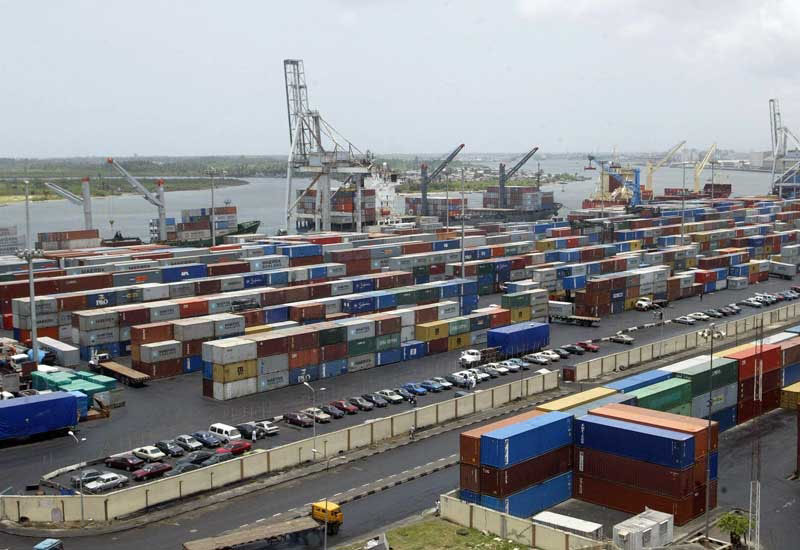Business
Nigeria’s shipping industry declines, ranks 48 in global merchant shipping fleet

Nigeria’s shipping industry registered vessels dropped to 412 with 524,978.58 tonnage in 2020 as against 607 with 1,278,041.75 tonnage registered in 2019.
This comes as the World Merchant Shipping Fleetranked Nigeria in 48th position in its 2019 report, having contributed a mere 1.6 million tonnage to the global shipping trade.
Disclosing these at the 2020 virtual annual lecture of the Nigerian Maritime Law Association, NMLA, in Lagos, Nigeria’s Registrar of Shipping, Mrs. Nneka Obianyor, in her paper entitled “Imperative of automation of the Nigerian Ship Registry and fleet development,” described the nation’s contribution as insignificant with Africa making less than one percent contribution to global shipping trade.
Making reference to the review of maritime transport carried out by the United Nations Conference on Trade and Development, UNCTAD, in 2020, Obianyor stated: “The global commercial shipping fleet in 2019 grew by 4.1 percent representing the highest rise since 2014. Gas carriers experienced the fastest growth; followed by oil tankers, bulk carriers and container ships. In 2018, we were only able to post 1,541,141 tonnage, ranking 43rd in the world and in 2019, we had about N1,638,144, ranking 48th. That is our contribution to the world’s merchant fleet, which is really very insignificant. Africa makes less than one percent contribution to global fleet trade.”
Noting that automation was the only way to boost the worth of the ship registry, attract investors and improve efficiency, Obianyor said efforts are ongoing to automate and reform Nigeria’s Ship Registry to increase opportunities for shipping development.
She blamed the disruption caused by the COVID-19 pandemic to the delay in implementation of the recommendations made by the committee set up to reform Nigeria’s Ship Registry. She stated: “For people to want to fly Nigerian flag, they would want to see a registry of integrity and a responsive registry that is at speed with what it does. Our quest to build a quality flag that will attract investors and grow tonnage capacity led to a committee that was set up in 2018. The committee carried out comparative studies of notable registries globally to understand how best we can run our own.
“The recommendations were made and grouped under short, medium and long term measures which we have developed to the roadmap for reform of the Ship Registrar. This was done in February but unfortunately after, we had the COVID-19 pandemic. In 2020, it became very clear that digitalisation was a key differentiator. During the COVID-19 pandemic, the Ship Registry staff became essential workers because we were not automated and we needed to be in the office all the time to ensure that our stakeholders’ needs were met. If we had a digitalised and automated ship registry, it would have been easy to work from home as it is done in other climes.
“The imperative of automation will be for us to build investors and stakeholders’ confidence because when people are confident of your processes, they would want to come to you. We are aware that a number of Nigerians had their vessels outside of the shores and I prayed that once our processes are automated and things begin to work as it is being done in other climes, investors will come in and help us see how we can grow our tonnage and make Nigerians more feasible in international maritime trade.”
Obianyor disclosed that the Nigeria ship registry would commence the issuance of a more secure certificate to Nigerian flagged vessels by the first quarter of next year to check the menace of forge certificates. She noted: “Automation will help us to redefine our registration process, improve decision-making and improve our audit efficiency. While we are not folding our hands and waiting for COVID-19, we have begun the journey to see how we can get automated.
“A number of times we have been challenged with manipulated certificates of the registry which have painted the registry in bad light. What has happened before now is that a lot stakeholders do not understand the importance of flag registration and they left this bit to people they tagged their agents and these persons have caused a lot of embarrassment to the industry in terms of using forged documentation and certificates to try to register their vessels because they give the impression that it is difficult to access NIMASA. But the stakeholders today have realised that it is a rip off.”



